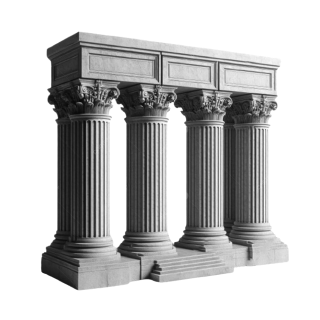To the right after entering Chittorgarh you'll arrive almost immediately at the ruins of this 15th-century palace, which includes elephant and horse stables and a Shiva temple. Padmini, along with Chittor's ladies of the court, is said to have performed jauhar (ritual mass suicide by immolation) in a now-blocked cellar within the palace. Across from the palace is the museum and archaeological office, and the treasury building (Nau Lakha Bhandar).
Destinations
Books
Trips
Inspiration
TRAVEL ESSENTIALS
Guide to travel insurance When to book your flights for your next trip How to avoid getting sick while traveling 29 ways to budget for travel Packing hacks that work ON OUR RADAR
What to expect on an Antarctic cruise Everything to know about the World Cup Where locals go in Italy Planning for the 2028 LA Olympics Planning the perfect cherry blossom trip to Japan YOUR NEXT TRIP STARTS HERE
Best in Travel 2026 Dream Trips 2026 Offseason Travel For the outdoor lovers For the beach-goers WHERE TO GO
Top spring destinations in Italy Europe destinations for solo travelers Where to go on the Amalfi Coast Best islands in the Florida Keys Iceland on a budget WHEN TO GO
Best places to travel in March When to visit our Best in Travel 2026 picks Why traveling during the offseason is the best Month by month trip planner Best time to visit Europe Account
















